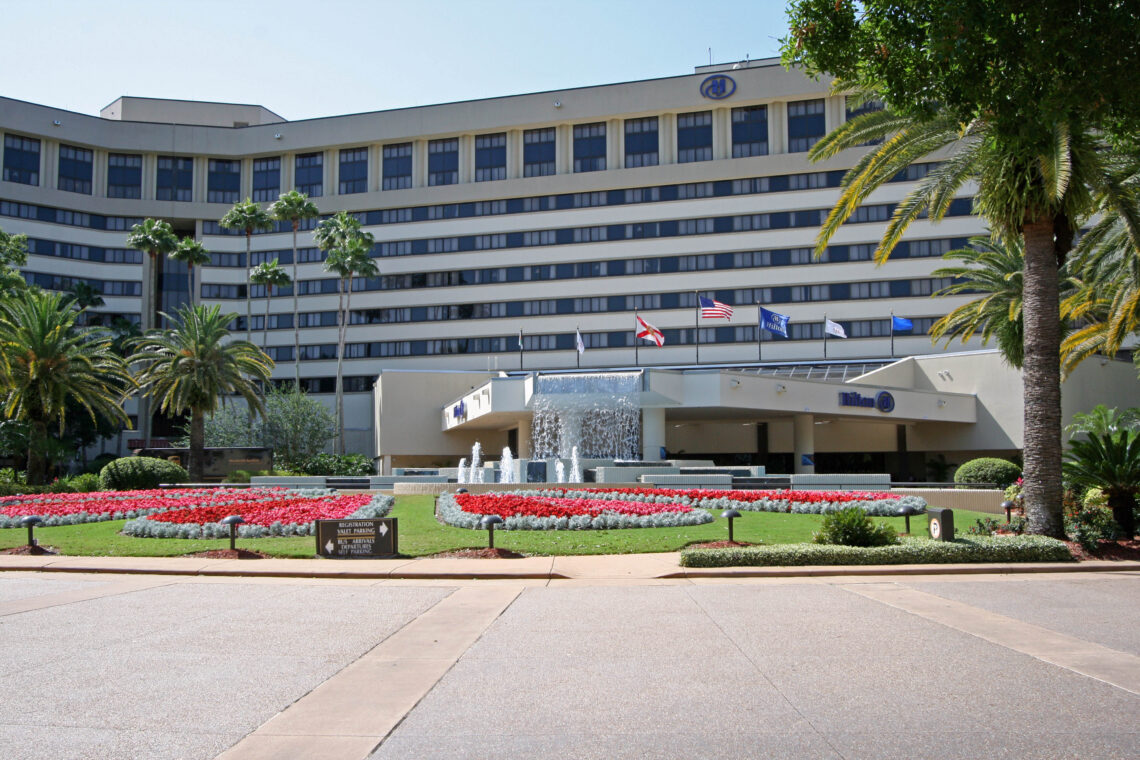Residents of the Tampa Bay area have affectionately taken to calling their home “Champa Bay” in honor of the three major sports titles the city’s franchises have won in a span of just 10 months.
Yet when it comes to wages, Tampa is nearly a cellar-dweller, sitting at a measly 43rd out of the 50 largest metropolitan areas in the country, according to the Bureau of Labor Statistics.
There is a bright spot for “Champa Bay,” however: with an average hourly wage of $18.72, they can still claim to have the highest wages out of any major metro area in Florida.
Florida has four of the nation’s largest cities, and all four sit in the bottom eight when it comes to average wages. At $18.60 an hour, Miami is one spot behind Tampa in 44th place. Jacksonville is ranked 46th with $18.40 an hour. Orlando sits in 50th place out of America’s 50 largest cities with an average wage of $17.59 an hour.
“The biggest contributor is the type of industry our state relies on, and that’s tourism and hospitality,” Eric Clinton, president of the Central Florida AFL-CIO, told the Florida Political Review. “Those jobs tend to be low-paid and considered to be low-skilled, which I disagree with personally.”
Tourism dominates Florida’s economy, especially in the state’s large metro areas. Not only do workers in the industry — including hotel workers and venue employees — make up a much larger share of the workforce than elsewhere, but tourism’s presence pulls down the wages of competing industries, such as retail.
In the typical American city, hospitality makes up approximately 10% of the workforce, but in Orlando, where the Central Florida AFL-CIO is based, it makes up 25%.
“In cities where tourism isn’t as big as Orlando, retail tends to have higher wages,” Clinton explained. “However, in this economy, wages can remain low and retail employers take advantage.”
The dominance of tourism in Florida isn’t merely attributable to market forces. The industry maintains a firm lobbying presence across the state, and policymakers from both parties are usually eager to back the industry that employs so many of their constituents.
In April 2021, the legislature agreed to send $25 million in federal relief from the American Rescue Plan to VISIT FLORIDA, the state’s tourism promotion agency. That was on top of the $50 million budget legislators already agreed to give the organization, which is housed within the Department of Economic Opportunity, the state department responsible for labor, employment and other economic issues.
Representatives of the DEO did not respond to a request for comment.
Many argue that there is a significant correlation between wages and cost of living, and that while Florida’s cities may see lower wages, life in the state is also much more affordable.
Yet by that logic, Florida’s cities seem to be disproportionately underperforming relative to their prices. Cheaper cities such as St. Louis, Missouri; Oklahoma City, Oklahoma; Louisville, Kentucky; and Birmingham, Alabama, all have higher wages than Florida’s major cities.
According to U.S. News, the state as a whole is in the bottom half of the country for affordability, with one of the nation’s top 10 most expensive housing markets.
Wages in Florida will be increasing soon, however. In November 2020, Floridian voters approved Amendment 2, a ballot initiative to raise the state’s minimum wage to $15 an hour by 2026.
Currently, Florida’s minimum wage is only $8.56 an hour but will rise to $10 an hour in September for non-tipped workers in accordance with Amendment 2’s incremental increase.
Moving forward, Clinton says the biggest obstacle for improving wages in Florida will be the difficulty of forming a union. In 1944, Florida became America’s first “right to work” state via constitutional amendment.
Beyond the limitations of the constitution, the Florida Legislature has never been particularly friendly to organized labor.
One particular tool Florida Republicans have used against labor is preemption, the ability of the state government to override local governments, especially targeted against cities that swing left.
Clinton, an Orlando native, says in his lifetime Tallahassee has overruled numerous municipal and county ordinances that favored labor on issues such as wages or worker protections.
To overcome hostility from Tallahassee, he highlighted the Protecting the Right to Organize Act, the national labor movement’s top legislative priority.
Notably, the PRO Act would undo right to work laws at the state level, allowing unions to compel workers who benefit from collective bargaining to join and pay dues. Clinton says the hospitality industry in Florida would be impacted significantly by the bill’s passage.
The bill has passed in the House but faces near-insurmountable opposition in the Senate. Sen. Bernie Sanders, I-Vermont, the chairman of the Budget Committee, says the bill’s provisions have been included in Democrats’ budget reconciliation bill.
Business groups have been vociferous in their opposition to the bill. The Florida Chamber authored a letter in March 2021 to the state’s congressional delegation urging them to reject the PRO Act. The state’s House delegation ultimately voted along party lines, and Republican Senators Marco Rubio and Rick Scott both oppose the bill.
Nevertheless, Clinton expressed optimism about the grassroots organization that has already taken place in Florida, led by a younger, more diverse workforce in tourism. He noted the successful union-led campaign to raise wages at Disney World, the state’s largest employer, in 2018.
He also pointed to the success of employees at the Orlando International Airport, employed by food service company Host, at winning their jobs back after being laid off due to the COVID-19 pandemic. Host employees at the airport are now planning to proceed with holding a union election.
“There are examples of working people coming together, sticking together, demanding more and winning,” Clinton says. “It gives me a lot of hope.”
Check out other recent articles from Florida Political Review here.
Featured Image: Hilton Orlando Lake Buena Vista in 2008. Unmodified image by Carlo Pelagalli used under a Creative Commons license (https://bit.ly/36OtlpO).





